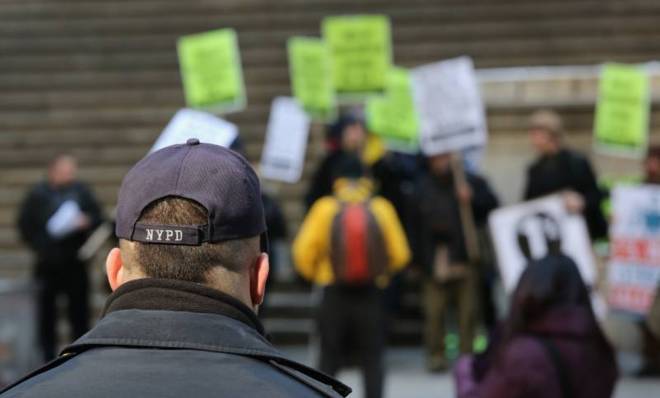Why the government should help the unemployed even if it might not work
Ignore the prophets of economic doom


A free daily email with the biggest news stories of the day – and the best features from TheWeek.com
You are now subscribed
Your newsletter sign-up was successful
The United States is now starting its sixth year of mass unemployment, a grinding economic disaster that shows no sign of relenting. As Brad DeLong has written, very soon our current mess will result in something worse than the Great Depression: "Future economic historians will not regard the Great Depression as the worst business-cycle disaster of the industrial age. It is we who are living in their worst case." (Though the Depression was deeper, the U.S. economy recovered much more quickly.)
That is the context in which we should look at a new spate of pessimistic economic arguments about the future. On Tuesday, the famed economist Robert Gordon released a new paper arguing that future economic growth will be awful.
Here's a section from Gordon's abstract:
The Week
Escape your echo chamber. Get the facts behind the news, plus analysis from multiple perspectives.

Sign up for The Week's Free Newsletters
From our morning news briefing to a weekly Good News Newsletter, get the best of The Week delivered directly to your inbox.
From our morning news briefing to a weekly Good News Newsletter, get the best of The Week delivered directly to your inbox.
This paper predicts that growth in the 25 to 40 years after 2007 will be much slower, particularly for the great majority of the population... The primary cause of this growth slowdown is a set of four headwinds, all of them widely recognized and uncontroversial. Demographic shifts will reduce hours worked per capita... Educational attainment, a central driver of growth over the past century, stagnates at a plateau... Inequality continues to increase, resulting in real income growth for the bottom 99 percent of the income distribution that is fully half a point per year below the average growth of all incomes. [NBER]
This may be right and it may not. (Personally, I'm not at all convinced — see Kevin Drum and Tyler Cowen for a good discussion.) But the great danger is that these predictions could be self-fulfilling, discouraging Congress from taking immediate action in the face of economic trends that will overwhelm its comparatively puny efforts.
What we must remember is that there is a strong case that additional effort could solve at least part of our mass unemployment problem at low cost. We owe it to ourselves and our fellow citizens to try to restore full employment, even if it might not work.
The case against the stagnationist position goes something like this: America is not primarily suffering economically because of the factors Gordon pointed out. Rather, as during the Great Depression, we've suffered a collapse of aggregate demand, and institutional arrangements and political gridlock prevent us from fully addressing the problem through monetary or fiscal stimulus. This dynamic is also quite similar to that of the Great Depression — it took World War II to break through the political gridlock and get enough deficit spending to restore full employment.
If the stagnationists are right, then government attempts to restore employment with monetary or fiscal stimulus will result in little more than inflation. But they might be wrong, and the relative downside risks to their positions aren't even close to comparable. A bit of moderate inflation is no big deal — it came in at around 4 percent during most of Reagan's term, and the Fed has the tools to easily rein inflation back in if it rises above the central bank's target rate of 2 percent. In fact, a little inflation could even help matters, by eroding household debt burdens and reducing real interest rates.
A free daily email with the biggest news stories of the day – and the best features from TheWeek.com
On the other hand, mass unemployment is an ongoing economic and humanitarian catastrophe.
It's like if your house is on fire, and you're worried that spraying it with a firehose might break some windows. Maybe true! Also a terrible set of priorities!
So whether Gordon and others have a good theoretical case for their pessimism is not remotely enough to justify inaction on unemployment. Policymakers should keep that at the front of their mind.
Ryan Cooper is a national correspondent at TheWeek.com. His work has appeared in the Washington Monthly, The New Republic, and the Washington Post.
